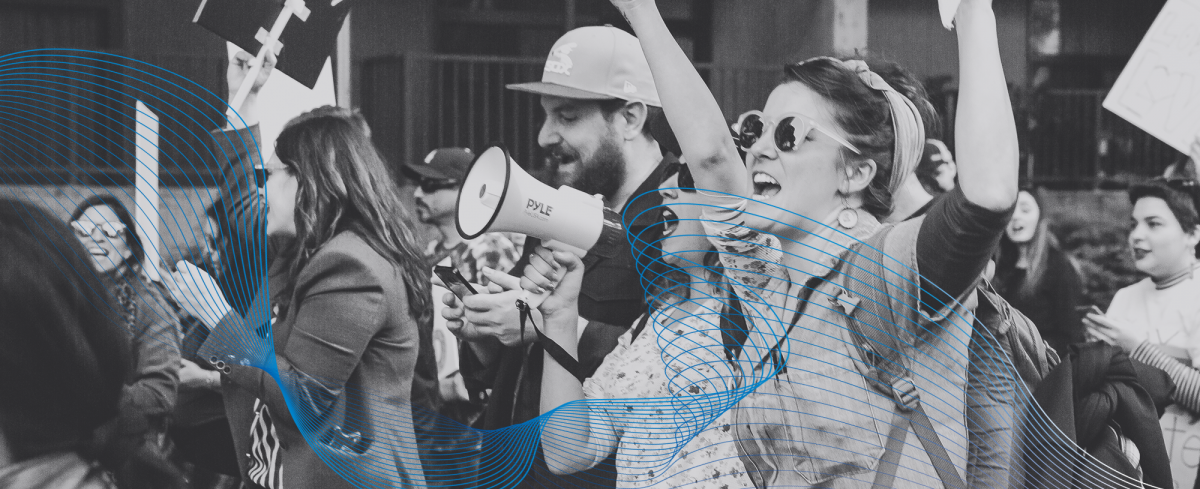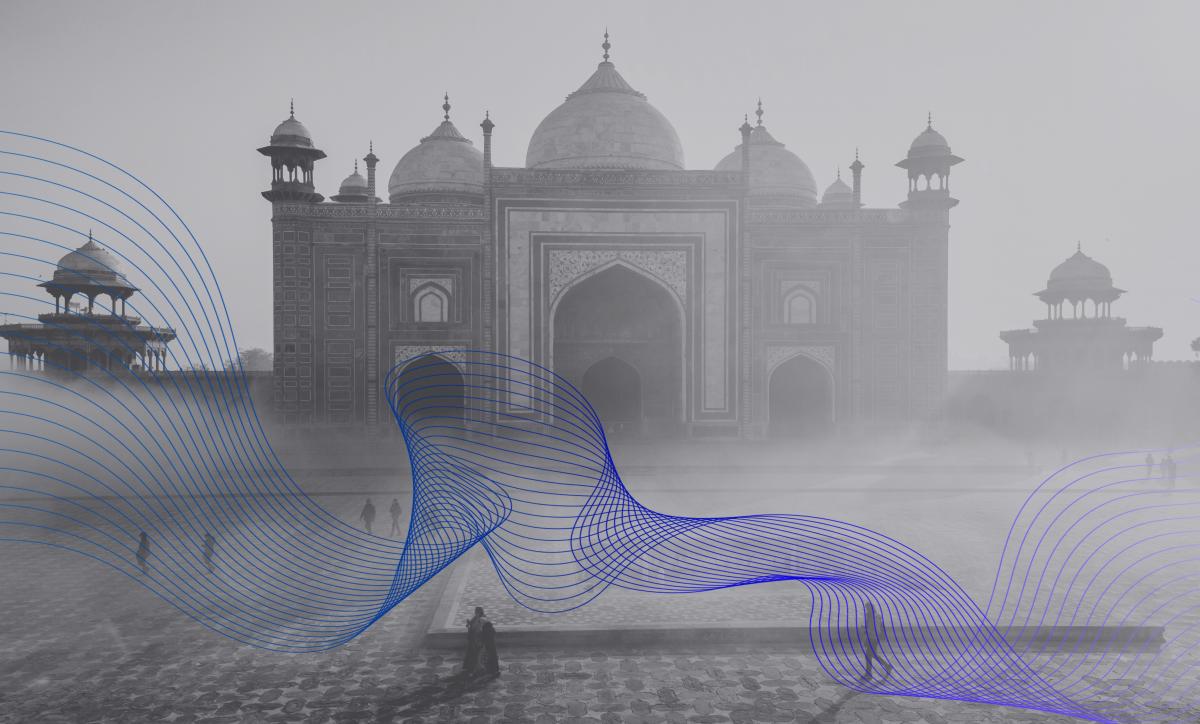Ashutosh Munshi
Executive Vice President & Head of Brand Practice
Edelman India
In their youth, Florentino Ariza and Fermina Daza fall madly in love. When Fermina eventually chose to marry a wealthy, well-born doctor, Florentino was devastated. But he was a romantic. As he rose in his career, he experimented with uncertainty and spent the years in 622 affairs. Yet he reserved his heart for Fermina. Her husband died at last, and Florentino purposefully attended the funeral. And so, fifty years, nine months and four days after he first declared his love for Fermina, he did so again.
That was ‘Love in the Time of Cholera’, a modern literary classic by Nobel Prize-winning author Gabriel Garcia Marquez. A story about life and love, lost and won, during the great epidemic.
Our world is in the midst of a humanitarian crisis brought on by the Covid pandemic, a global societal event with the potential to exceed any pandemic of the last eighty years. Many of its effects – shifts in attitudes, values and behaviours – will last far beyond the end of the pandemic.
Brands too, are in the midst of a similar crisis in the time of the Coronavirus. The potential erosion of a relationship with people. Passion turning to indifference. People, like Fermina Daza, moving to other brands, those perhaps more relevant at this time.
This is an intimidating and crucial time for a marketeer that spends most of his days and nights crafting creative brand communication. If the last couple of years weren’t already complex enough, with agency lines blurring, media trends changing and consumer indifference rising… retaining or building brand love and relevance are even more critical in the midst of this pandemic.
The one thing that can hold it all together is Brand Trust. The trust in brands to do what’s right. To protect their employees and partners. To produce products that can help. To partner with credible NGOs and government to fill gaps with public-private partnership. To share timely, relevant information. To use brand power amassed over the years to partner with people and win the fight against the pandemic.
Many businesses are already doing a lot, but expectations are that they will continue to do so – because times like this require more than a sense of humanity. As the crisis lengthens, businesses need to be decisive and honest about what matters to people and step in with action that is tangible, responsive and authentic.
A few weeks ago, Edelman provided rich insight into the need for business and employers to step up. Today we have gleaned further understanding into what it means for brands to do the right thing during the coronavirus pandemic.
An Edelman Special Report: Brand Trust and the Coronavirus Pandemic study was conducted among 12000 respondents in 12 markets including India, between March 23 – 26, 2020. The report looked at how consumers expect brands to act during these tumultuous times. The study looked into why it is important for brands to respond to the crisis; what brands must do and say; who is best positioned and most trusted to carry a brand’s message; and what impact a brand’s response has on trust – today and in the future. The findings are clear – this is the time for brands to step up and join the fight.
The new role for brands
Brands can play a critical role in the fight against the COVID-19 pandemic. 65% of Indians surveyed don’t believe the country will make it through the crisis without brands playing a critical role in addressing challenges. A whopping 90% want brands to partner with government and relief agencies to address the crisis.
Brand must protect their people
It matters to consumers that brands protect their employees at all costs. 90% of respondents want brands to do everything they can to protect the well-being and financial security of their employees and suppliers, even if it means suffering financial losses until the pandemic ends. Placing profit before people is blasphemy. 73% of respondents said they will lose their trust forever, if brands were to do this.
Brands should focus on offering solutions, not selling
Brands need to be creative problem solvers. 85% want brands to focus their advertising on how their products and services can help people cope with pandemic-related life challenges, stopping any advertising or marketing that is too lighthearted in tone. We’ve seen the backlash certain brands have faced when (intentionally or otherwise) they came across as opportunistic or frivolous.
Brands need to produce products that can help. 88% want brands to shift to producing new products that help people meet the unique challenges of life during a pandemic. Under the leadership of Anand Mahindra, Mahindra & Mahindra was amongst the first to step up by manufacturing ventilators, as India faces a shortage of the lifesaving medical devices. Apple has started making protective face shields for health workers on the front lines of the coronavirus pandemic. Goa Brewing Co a fledgling craft beer maker not far from my village in Goa, jumped in and “brewed” hand sanitizer available for free.
And this response to the pandemic is already influencing purchase behaviour with 60% respondents saying they have started using a new brand because of the innovative or compassionate ways they responded to the virus outbreak.
There are many examples of brands, who like Marquez’s hero Florentino, remained resilient. PepsiCo has committed 25,000 COVID-19 testing kits and over 5 million meals to India by partnering with Akshaya Patra. Infosys Foundation has partnered with Narayana Health to launch a 100-room quarantine facility for Covid-19 patients; and Flipkart has joined hands with Uber to deliver essential items.
Importantly, 67% of respondents said they are just not paying attention to new products right now unless they are designed to help them with their pandemic-related life challenges.
Brands can connect people
People (84%) want brands to connect people and help them stay emotionally close, and 86% want brands to use social media channels to foster community and to offer social support to people who can no longer gather in person.
Keeping with its philosophy of “Belong Anywhere”, Airbnb launched Online Experiences, a new way for people to connect, travel virtually and earn income. Smart move. Who wouldn’t want to try online meditation with Buddhist monks, virtual visits with the dogs of Chernobyl, cooking with a Moroccan family, and more.
Brands must use their power to educate and share information
Brands must serve as information sources; 84% said they want brands to be a reliable new source keeping people informed about the virus and the progress being made in the fight against it. Lifebuoy is a great example that built a PSA campaign on handwashing but urged people to use any soap to wash their hands, not just Lifebuoy.
Brands must be cautious with humour
69% feel brands should stop advertising that is humorous or too light-hearted and should avoid escapist advertising that shows people gathered together using their products and having a good time. Corona (the beer) was slammed for an awkwardly phrased ad campaign during the virus outbreak when it tried to plug its new soda water in the United States. As if the beating it suffered as a result of it’s brand name wasn’t enough.
So, what are consumers relying on for credible information?
According to the survey, traditional media and email channels out-perform social media by more than 10 points. After doctors and health authorities (84%), the most credible spokespeople are CEOs at 71%. But with people consuming more digital news per day on their smartphone news apps, with more time spent on chat, social media, and news in a week – owned media and digital are critical to communication.
These numbers signify actions that brands should undertake. There is a clear mandate for brands to act by using resources and creativity to make a difference. They need to be there for their people for the long haul. To reassure them with positive brand action, compassion and commitment to do what is right, for the greater good. To build long term trust, businesses must be relevant, deliver tangible benefits, be responsive to people’s needs, and be clear and comprehensible.
There is nothing normal about this new normal. While some brands or industries remain unaffected in ways, others are struggling to keep their lights on during lockdown. What unites us marketeers is that we’re on the same path together. One without clear milestones or routes or finish lines.
But there is no lockdown on the human spirit, on creativity, imagination and ideas, and on the desire to persevere in the face of adversity. The brands that step up and retain trust by putting purpose at the core, will be lauded as exemplars in a post-Covid world.
Disclaimer: Airbnb, PepsiCo, Flipkart and Infosys are Edelman India clients.





